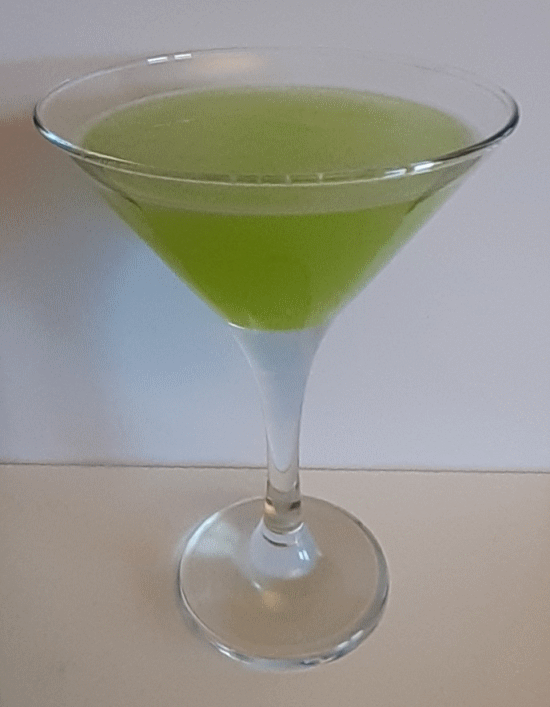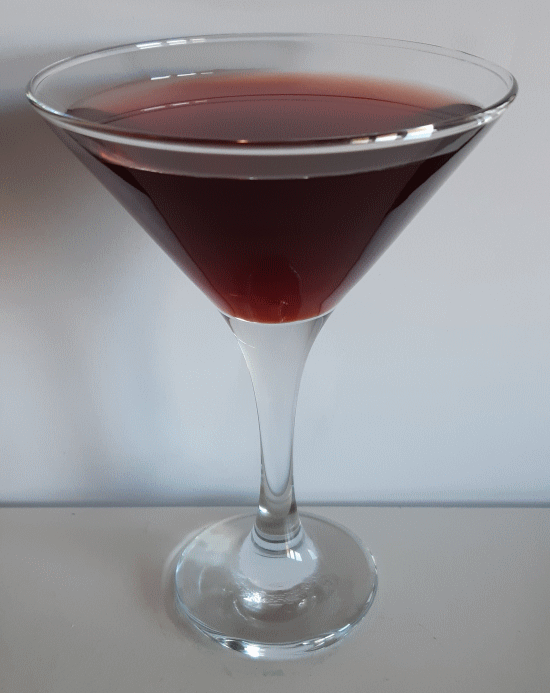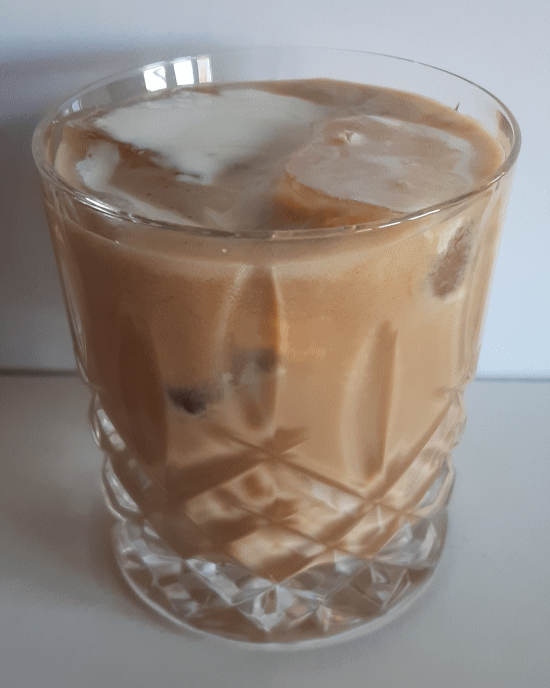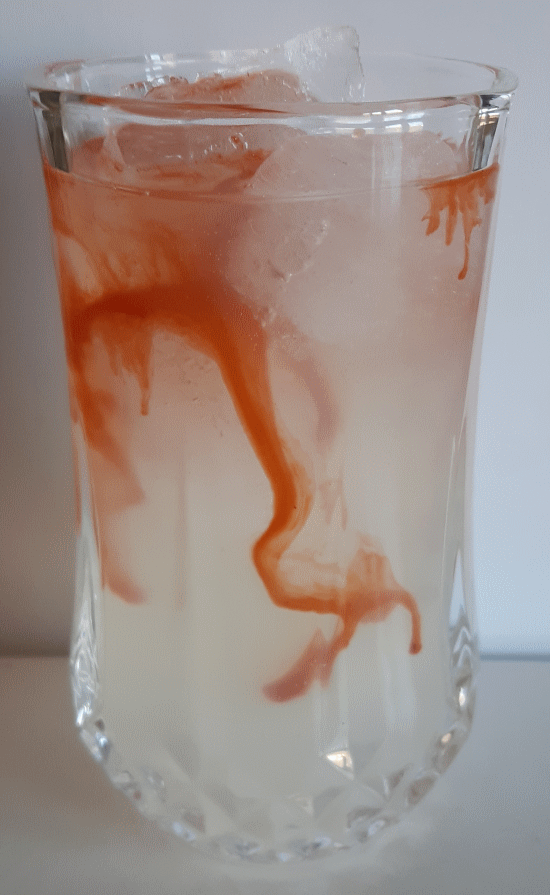Thought to have been created by ‘Professor’ Jerry Thomas in 1860 to commemorate the first Japanese mission to the USA.
Category: Cocktails
2nd #cocktail of #FridayNightCocktails on the 6th May: Japanese Slipper
A Japanese slipper is a drink made from Midori, Cointreau, and lemon juice. It was created in 1984 by Jean-Paul Bourguignon at Mietta’s Restaurant in Melbourne.
1st #cocktail of #FridayNightCocktails on the 6th May: Gentleman’s Sour
An easy-to-make whiskey sour using Jack Daniel’s Gentleman Jack Tennessee Whiskey.
Ingredient List for the #FridayNightCocktails on the 6th May
To help you join in with the upcoming #FridayNightCocktails on the 6th May, we’ve compiled the ingredient list in two formats:
- Separate ingredient lists for the four cocktails we’ll be making, but without quantities or the cocktail names.
- Combined the ingredients into an alphabetical list so as to not “give the game away”.
We’ve hidden the two lists behind toggles so you can choose which list you want to use; this is a new method and we’d appreciate feedback on how well you think it works.
Separate Ingredients
First Cocktail
Spirits
Tennessee Whiskey
Suggestions
[cocktail-ingredient name=”Gentleman Jack”]
Mixers
Freshly Squeezed Lemon Juice
Simple Syrup
Garnish
Lemon Wedge
Second Cocktail
Spirits
Melon Liqueur
Triple Sec
Suggestions
[cocktail-ingredient name=”Midori Melon Liqueur”][cocktail-ingredient name=”Cointreau”]
Mixers
Simple Syrup
Third Cocktail
Spirits
Cognac
Angostura Aromatic Bitters
Suggestions
[cocktail-ingredient name=”Martell VS Fine Cognac”][cocktail-ingredient name=”Angostura Aromatic Bitters”]
Mixers
Orgeat Syrup
Freshly Squeezed Lime Juice
Suggestions
[cocktail-ingredient name=”MONIN Premium Almond Orgeat Syrup”]
Fourth Cocktail
Spirits
Triple Sec
Vodka
Suggestions
[cocktail-ingredient name=”Cointreau”][cocktail-ingredient name=”Finlandia Classic Vodka of Finland”]
Mixers
Freshly Squeezed Lime Juice
Garnish
Lemon or Lime Twist
Combined Ingredients
Spirits
Angostura Aromatic Bitters
Cognac
Melon Liqueur
Tennessee Whiskey
Triple Sec
Vodka
Suggestions
[cocktail-ingredient name=”Angostura Aromatic Bitters”][cocktail-ingredient name=”Martell VS Fine Cognac”][cocktail-ingredient name=”Midori Melon Liqueur”][cocktail-ingredient name=”Gentleman Jack”][cocktail-ingredient name=”Cointreau”][cocktail-ingredient name=”Finlandia Classic Vodka of Finland”]
Mixers
Orgeat Syrup
Freshly Squeezed Lemon Juice
Freshly Squeezed Lime Juice
Simple Syrup
Suggestions
[cocktail-ingredient name=”MONIN Premium Almond Orgeat Syrup”]
Garnish
Lemon or Lime Twist
Lemon Wedge
There can be quite a few spirits used each time we do a Friday night cocktails, but the same spirits are generally used over and over again. Strong spirits like whiskey, gin, vodka and so on will last months to a year or two once opened (how long will depend on how often the bottle is opened).
4th #cocktail of #FridayNightCocktails on the 29th April: Zaza
A simple cocktail combining a London dry gin with Dubonnet red.
3rd #cocktail of #FridayNightCocktails on the 29th April: Sparkling Gin and Lemonade
With a warmer spring hopefully on the way (although apparently not according to the forecast), we thought we’d include refreshing gin and lemonade cocktail. Best made with a good quality London Dry Gin and San Pellegrino Limonata.
2nd #cocktail of #FridayNightCocktails on the 29th April: Old Fashioned
An old-fashioned was one of the simpler and earlier versions of cocktails, before the development of advanced bartending techniques and recipes in the later part of the 19th century.
The old fashioned is the cocktail of choice of Don Draper, the lead character on the Mad Men television series, set in the 1960s.[20] The use of the drink in the series coincided with a renewed interest in this and other classic cocktails in the 2000s.
It was also the basis of an oft-quoted line from the movie It’s a Mad, Mad, Mad, Mad World, when boozy pilot Jim Backus decides to make the cocktail and leaves passenger Buddy Hackett to fly the plane. When Rooney asks, “What if something happens?”, Backus replies, “What could happen to an old-fashioned?” This scene is satirized in Archer season 3 episode 1 (“Heart of Archness”) when Sterling Archer attempts to make an old fashioned on Rip Riley’s seaplane but lacks the basic ingredients.
Old Fashioned (cocktail) – from Wikipedia, the free encyclopediaThe Orgasm is another cocktail with a dollop of innuendo; a smaller version of the Screaming Orgasm To help you join in with the upcoming #FridayNightCocktails on the 29th April, we’ve compiled the ingredient list in two formats: We’ve hidden the two lists behind toggles so you can choose which list you want to use; this is a new method and we’d appreciate feedback on how well you think it works. Amaretto [cocktail-ingredient name=”Disaronno Originale”][cocktail-ingredient name=”Kahlua Coffee Liqueur”][cocktail-ingredient name=”Bailey’s Irish Cream”] Single Cream Aromatic Bitters [cocktail-ingredient name=”Angostura Aromatic Bitters”][cocktail-ingredient name=”Maker’s Mark bourbon Whisky”] Simple Syrup Maraschino Cherry London Dry Gin [cocktail-ingredient name=”Sipsmith London Dry Gin”] San Pellegrino Limonata [cocktail-ingredient name=”San Pellegrino Classic Taste Lemon Slim Cans”][cocktail-ingredient name=”Harrogate Sparkling Spring Water”] Lemon Wheel London Dry Gin [cocktail-ingredient name=”Sipsmith London Dry Gin”] Amaretto [cocktail-ingredient name=”Disaronno Originale”][cocktail-ingredient name=”Angostura Aromatic Bitters”][cocktail-ingredient name=”Maker’s Mark Bourbon Whisky”][cocktail-ingredient name=”Kahlua Coffee Liqueur”][cocktail-ingredient name=”Dubonnet Red”][cocktail-ingredient name=”Bailey’s Irish Cream”][cocktail-ingredient name=”Sipsmith London Dry Gin”] San Pellegrino Limonata [cocktail-ingredient name=”San Pellegrino Classic Taste Lemon Slim Cans”][cocktail-ingredient name=”Harrogate Sparkling Spring Water”] Maraschino Cherry There can be quite a few spirits used each time we do a Friday night cocktails, but the same spirits are generally used over and over again. Strong spirits like whiskey, gin, vodka and so on will last months to a year or two once opened (how long will depend on how often the bottle is opened. Fortified wines such as dry and sweet vermouth, port and Dubonnet will keep for a few weeks before deteriorating. If stored in the fridge, dry vermouth will be good for about four weeks, sweet vermouth and Dubonnet for two months and port for up to three months. A variation of the John Collins using Old Tom Gin rather than London Dry Gin. 1st #cocktail of #FridayNightCocktails on the 29th April: Orgasm
Ingredient List for the #FridayNightCocktails on the 29th April
Separate Ingredients
First Cocktail
Spirits
Coffee Liqueur
Irish CreamSuggestions
Mixers
Second Cocktail
Spirits
bourbonSuggestions
Mixers
WaterGarnish
Orange WheelThird Cocktail
Spirits
Suggestions
Mixers
Sparkling WaterSuggestions
Garnish
Fourth Cocktail
Spirits
Dubonnet RedSuggestions
[cocktail-ingredient name=”Dubonnet Red”]Combined Ingredients
Spirits
Aromatic Bitters
bourbon
Coffee Liqueur
Dubonnet Red
Irish Cream
London Dry GinSuggestions
Mixers
Simple Syrup
Single Cream
Sparkling Water
WaterSuggestions
Garnish
Orange Wheel
Lemon Wheel 4th #cocktail of #StGeorgesDayDrinks on #StGeorgesDay, 23rd April: Tom Collins









